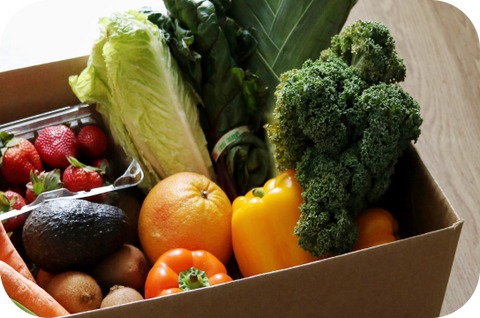

The issue of rising food prices in British Columbia has become increasingly concerning for many Canadians as the cost of food has continued to increase over the past 20 years. In the last year alone, it has surpassed the national inflation rate in Canada by 1%. The impact of these high prices is being felt by everyone.
One of the main factors driving the rise in food prices is the disruption of the COVID-19 pandemic, which has affected various stages of the food supply chain, including processing, packaging, and transportation. The pandemic has also led to shifting consumer spending patterns. These shifts have required the redistribution of supply, leading to shortages and increased prices.
In addition to the impact of the pandemic, poor weather conditions in production regions have also contributed to the rise in food prices. Erratic weather events, such as severe heatwaves and droughts, have become increasingly frequent and severe over the past few years, negatively impacting food production and supply. For example, the 2021 heatwave and drought in the Prairie provinces contributed to higher prices for meat, particularly beef, and grain products.
The consequences of rising food prices are far-reaching and can have significant health implications. Higher prices often lead Canadians to turn to cheaper, less healthy food alternatives, which can have negative impacts on their overall health and well-being. According to Canada’s Food Price Report, 47% of Canadians have purchased cheaper alternatives, brands, or items to adjust their spending in the face of current inflation rates. This trend is particularly concerning, as it can exacerbate existing health issues, such as obesity and chronic diseases.
Another significant consequence of rising food prices is increased food insecurity, with many Canadians struggling to access nutritious food. Food Banks Canada reported that there were nearly 1.5 million visits to food banks in 2022, marking the highest March use in history. This highlights the urgent need for action to ensure equitable access to nutritious food for all Canadians.
Addressing the root causes of this crisis requires immediate action from the public. Developing more resilient food systems that can withstand shocks like pandemics and weather events is crucial to ensuring that Canadians have access to a stable supply of nutritious food at affordable prices. It is also important to prioritize equitable access to nutritious food for all Canadians, particularly those who are most vulnerable. By working together towards a sustainable and just food system for the future, we can help ensure that all Canadians can access the nutritious food they need to lead healthy and fulfilling lives.
